Why Eating Whole Foods Is Good For You
I want to explain why eating whole foods is good for you and for me. If you are on a special diet, you need to follow your physician’s suggestions. I am not a doctor, nurse, or anyone in the medical field.
Have you been around someone who says “I’m Vegan or I’m a Vegetarian?” I remember many years ago ordering half of a cow that was grass fed at the time and freezing those beautiful white packages in the freezer.
Here’s the deal, people will question whether you are getting enough protein, or other nutrients when you are vegan or vegetarian. I get it. They need to do a little research. That’s what I have done on a small scale for you today. Knowledge is everything, right?
I don’t exactly remember when I stopped eating meat, but it wasn’t something I planned to do. Now, if I have a beautiful Filet Mignon placed in front of me, I will take a few bites. Before, I would devour the entire steak. On Thanksgiving, I didn’t have any turkey on my plate for dinner. Oh, I had the turkey gravy on my fluffy mashed potatoes and stuffing.
I had no desire for a piece of turkey, it had no appeal to me even though it looked juicy and lean. I have five members, maybe six in my family that started out vegetarian like me a few years ago, and then they stopped eating all dairy products, thus they became vegan. Let me explain the difference between vegetarian and vegan via Linda.
Vegetarian-Eating Whole Foods
I think explaining what a vegetarian is is quite easy. You can eat almost everything except meat. Vegetarians enjoy all the fruits and vegetables they like to eat. Now, some vegetarians still eat dairy. When I decided to start going vegan, I struggled with the dairy on a vegetarian diet. Milk is liquid meat, cheese is made from liquid meat, sour cream is liquid meat, etc. I struggled with what was being fed to chickens, cows, and pigs then packaged up and sold to the grocery stores.
I’m not talking about local Farmer’s Markets, let me be clear about that right now. If you have access to USDA Organic grass-fed meat, go for it. If you know where the animal products you purchase are coming from and their food source, that’s awesome. Some of us do not have that available to us. I am totally against GMO products. GMO stands for Genetically Modified Organisms. I have written about this topic before. If you want to know more about the food we eat, watch Netflix, they have great documentaries that will open up your eyes, I promise.
You know some of those tomatoes that no longer taste like tomatoes, they are GMO in most cases. That corn on the cob is not corn like we raised in our gardens many years ago. The new GMO corn is fed to animals we consume if we eat meat from our local grocery stores. The corn seed is coated with Round-up, among other things. Oh, and don’t think about saving your corn seeds, you will be arrested. Monsanto has a patent on them for now, anyway.
Vegan-Eating Whole Foods
I have read the book (audible) “The China Study” by T. Colin Campbell, Ph.D., and Thomas M. Campbell M.D. over seven times. I love the book. I’m not saying it’s a vegan book, but it’s a very similar diet. I would describe veganism as eating whole foods such as fruits and vegetables and whole grains and nuts. Vegans abstain from all dairy, no fish, eggs, cheese, or animal products. No processed food whatsoever. I realize there are several types of vegan clubs and diets, this is how I interpret being vegan. This is the way of life or diet I am leaning towards. I am taking baby steps to improve my health.
I don’t recommend any “diet” or eating plan, it’s a personal preference. But, I would suggest you do your research and learn about the food we are consuming today. It is not the food your grandma and grandpa ate, trust me. I realize many people are raising chickens, goats, and animals on their land. I’m not saying that’s wrong.
I applaud people like them, especially Joel Salatin, an American farmer, lecturer, and author whose books include, “You Can Farm,” “Folks This Ain’t Normal,” and “Salad Bar Beef” to name just a few. What I am saying is I do not like eating the food produced somewhere in the world and sold at our local grocery stores and not being labeled as to where it was sourced.
Please keep in mind if you are on a vegan or vegetarian diet you may need some Vitamin B, please consult with your physician for your own personal needs.
Fruits-Eating Whole Foods
In this section, I want to talk about my favorite fruits and show you approximately how much protein, sugar, calories, and other nutrients they contain, it may surprise you. Now, remember I can’t measure every fruit so let’s just say each one is an average size fruit. Note that the percentages shown are based on the “% daily value.”
Apples:
Protein: 0.5 g
Sugar: 19 g
Calories: 95
Vitamin A: 1%
Vitamin B-6: 5%
Vitamin C: 14%
Potassium: 195 mg
Bananas:
Protein: 1.3 g
Sugar: 14 g
Calories: 105
Vitamin A: 1%
Vitamin B-6: 20%
Vitamin C: 17%
Potassium: 442 mg
Blueberries:
Protein: 1.1 g
Sugar: 15 g
Calories: 1 cup=85
Vitamin A: 1%
Vitamin B-6: 5%
Vitamin C: 24%
Potassium: 114 mg
Cherries:
Protein: 1.6 g
Sugar: 13 g
Calories: 1 cup=77
Vitamin A: 39%
Vitamin B-6: 5%
Vitamin C: 25%
Potassium: 268 mg
Oranges:
Protein: 0.9 g
Sugar: 9 g
Calories: 45
Vitamin A: 4%
Vitamin B-6: 5%
Vitamin C: 85%
Potassium: 174 mg
Pears:
Protein: 0.6 g
Sugar: 17 g
Calories: 102
Vitamin A: 0%
Vitamin B-6: 5%
Vitamin C: 12%
Potassium: 206 mg
Plums:
Protein: 1 g
Sugar: 7 g
Calories: 30
Vitamin A: 5%
Vitamin B-6: 2%
Vitamin C: 10%
Potassium: 157 mg
Tomatoes:
Protein: 1.1 g
Sugar: 3.2 g
Calories: 22
Vitamin A: 20%
Vitamin B-6: 5%
Vitamin C: 28%
Potassium: 292 mg
Vegetables-Eating Whole Foods
In this section, I want to talk about my favorite vegetables and show you approximately how much protein, sugar, calories, and other nutrients they contain, it may surprise you. Now, remember I can’t measure every veggie, so I will try and show the amount of each vegetable, here again, it’s only approximate.
Avocados:
Protein: 2.9 g
Sugar: 1 g
Calories: 234
Vitamin A: 4%
Vitamin B-6: 20%
Vitamin C: 24%
Potassium: 708 mg
Beets:
Protein: 2.2 g
Sugar: 9 g
Calories: 1 cup=59
Vitamin A: 0%
Vitamin B-6: 5%
Vitamin C: 11%
Potassium: 442 mg
Bell Peppers:
Protein: 1 g
Sugar: 2.9 g
Calories: 24
Vitamin A: 8%
Vitamin B-6: 15%
Vitamin C: 159%
Potassium: 208 mg
Black Beans:
Protein: 39 g
Sugar: 3.9 g
Calories: 1 cup=624 (cooked)
Vitamin A: 0%
Vitamin B-6: 25%
Vitamin C: 0%
Potassium: 2760 mg
Broccoli:
Protein: 4.2 g
Sugar: 2.5 g
Calories: 1 cup=50
Vitamin A: 18%
Vitamin B-6: 15%
Vitamin C: 220%
Potassium: 468 mg
Brussel Sprouts:
Protein: 3 g
Sugar: 1.9 g
Calories: 1 cup=38
Vitamin A: 13%
Vitamin B-6: 10%
Vitamin C: 124%
Potassium: 342 mg
Carrots:
Protein: 0.6 g
Sugar: 2.9 g
Calories: 1 medium=25
Vitamin A: 203%
Vitamin B-6: 5%
Vitamin C: 6%
Potassium: 195 mg
Celery:
Protein: 0.3 g
Sugar: 0.7 g
Calories: 1 stalk=6
Vitamin A: 3%
Vitamin B-6: 0%
Vitamin C: 2%
Potassium: 104 mg
Corn:
Protein: 16 g
Sugar: 1.1 g
Calories: 1 cup=606
Vitamin A: 0%
Vitamin B-6: 50%
Vitamin C: 0%
Potassium: 476 mg
Cucumbers:
Protein: 0.3 g
Sugar: 0.9 g
Calories: 1/2 cup=8
Vitamin A: 1%
Vitamin B-6: 0%
Vitamin C: 2%
Potassium: 76 mg
Green Beans:
Protein: 1/8 g
Sugar: 3.3 g
Calories: 1 cup=31
Vitamin A: 2%
Vitamin B-6: 5%
Vitamin C: 27%
Potassium: 209 mg
Kale:
Protein: 2.9 g
Sugar: 1.6 g
Calories: 1 cup=33
Vitamin A: 133%
Vitamin B-6: 10%
Vitamin C: 134%
Potassium: 329 mg
Peas:
Protein: 8 g
Sugar: 8 g
Calories: 1 cup=118
Vitamin A: 22%
Vitamin B-6: 10%
Vitamin C: 96%
Potassium: 354 mg
Pinto Beans:
Protein: 2.6 g
Sugar: 0.3 g
Calories: 1/2 cup=120 (cooked)
Vitamin A: 0%
Vitamin B-6: 5%
Vitamin C: 1%
Potassium: 167 mg
Potatoes:
Protein: 4.3 g
Sugar: 1.7 g
Calories: 163
Vitamin A: 0%
Vitamin B-6: 30%
Vitamin C: 70%
Potassium: 897 mg
Sweet Potatoes:
Protein: 2.1 g
Sugar: 6 g
Calories: 114
Vitamin A: 377%
Vitamin B-6: 15%
Vitamin C: 5%
Potassium: 448 mg
Spinach:
Protein: 0.9 g
Sugar: 0.1 g
Calories: 1 cup=7
Vitamin A: 56%
Vitamin B-6: 5%
Vitamin C: 14%
Potassium: 167 mg
I hope my post today gives you some ideas regarding what foods are healthier for you. Please check the labels, I have seen fat-free containers that show less fat but have more sugar in them. I have seen gluten-free foods that have more sugar and fat than other products. How can we win? We must eat fresh, frozen, or cans of fruits and vegetables. Plus, if you have access to local dairy and grass-fed meat, that’s awesome. If you can your own fruit, just so you know, sugar is not used for preservation, it is only to sweeten the fruit. I learned this in my Master Preserver Canning class.
If you purchase frozen fruits or vegetables, look again at the labels. Yes, we would love to have a garden year-round, but it’s not possible where I live. I’m trying to figure out how I can do it, though. We all know the message that someone made up years ago “we are what we eat.” Please be prepared for the unexpected and buy fruits and vegetables, whole grains, and beans.

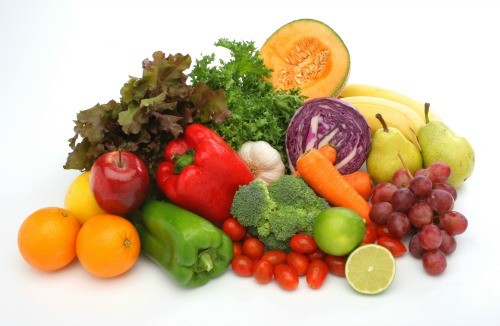

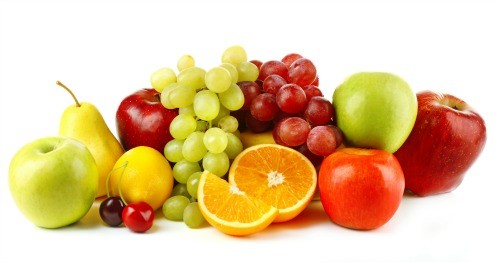
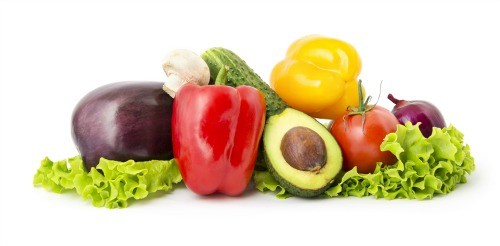

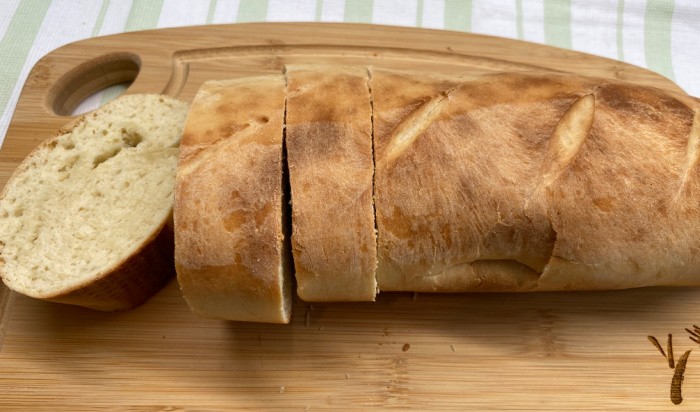
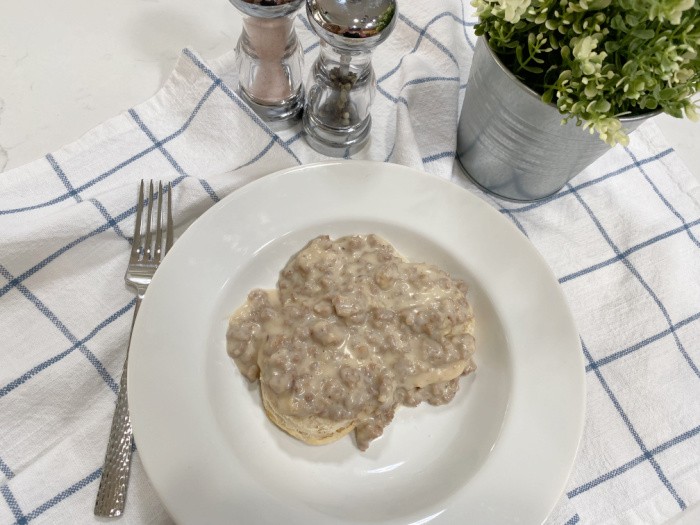
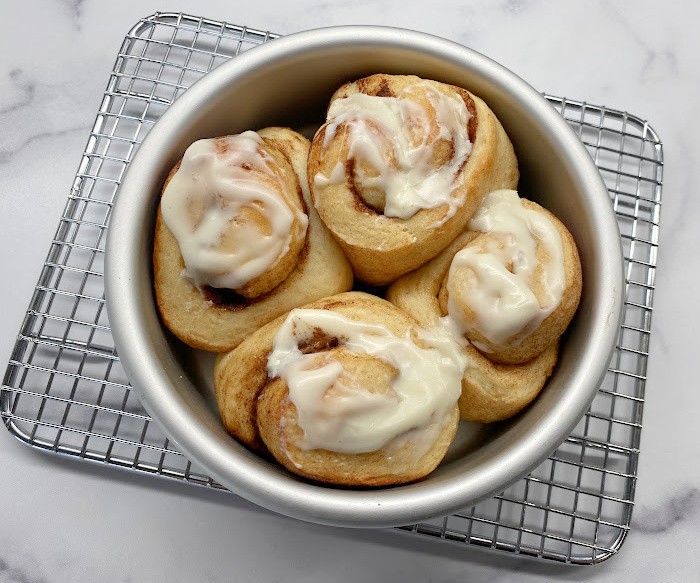

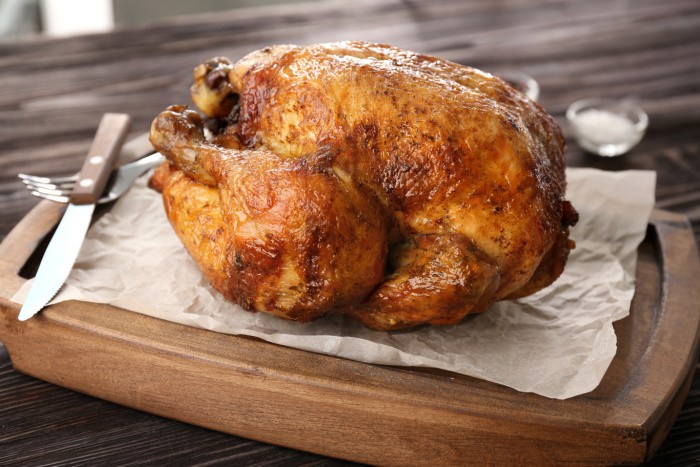













Avocados are wonderful for you. They have essential fatty acids that are good for skin, hair, and nails.
Hi Janet, I love avocados!! I feel healthier when I’m eating the right foods. Happy Holidays! Linda
Quinoa is a great protein source as well.
Hi Dee, it really is, we just need to educate the people on this wonderful seed!! Linda